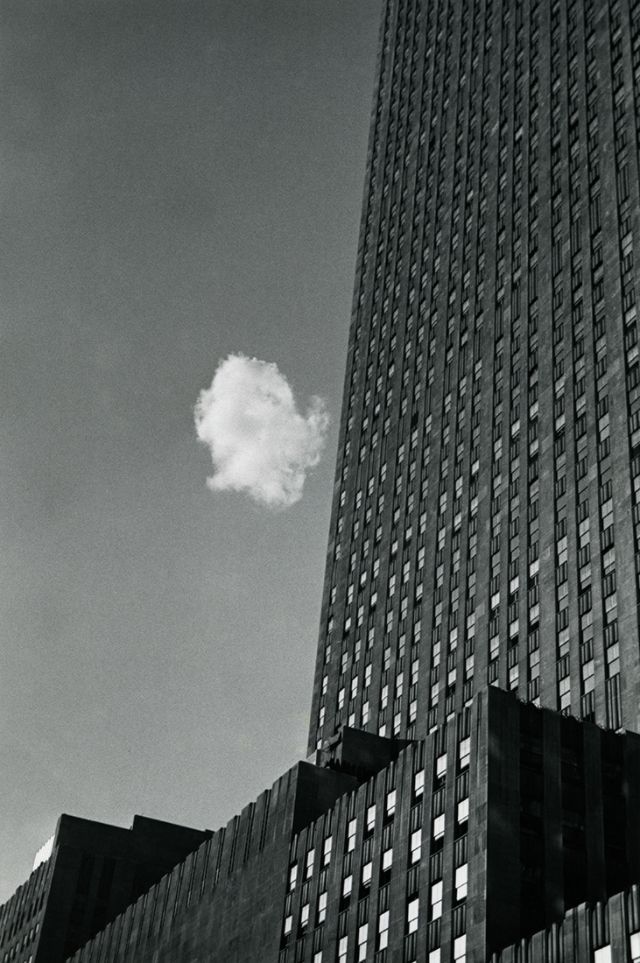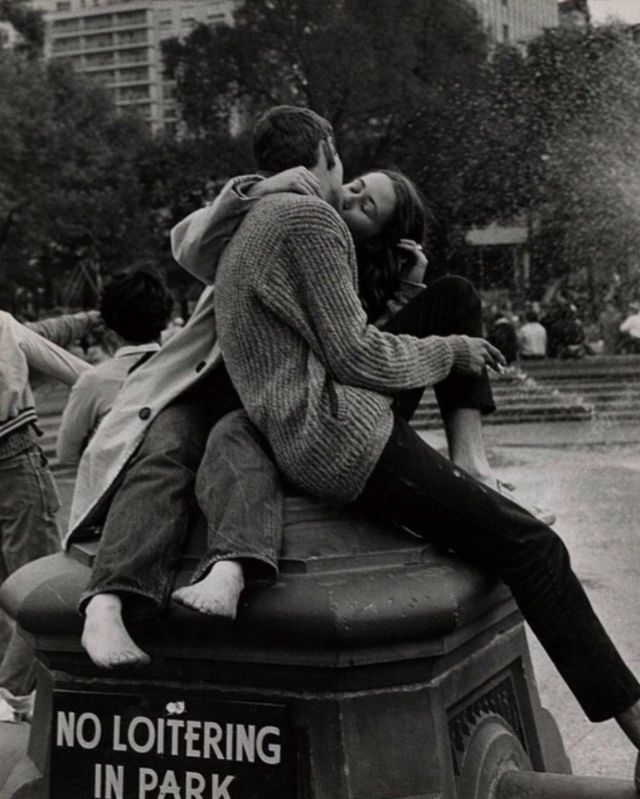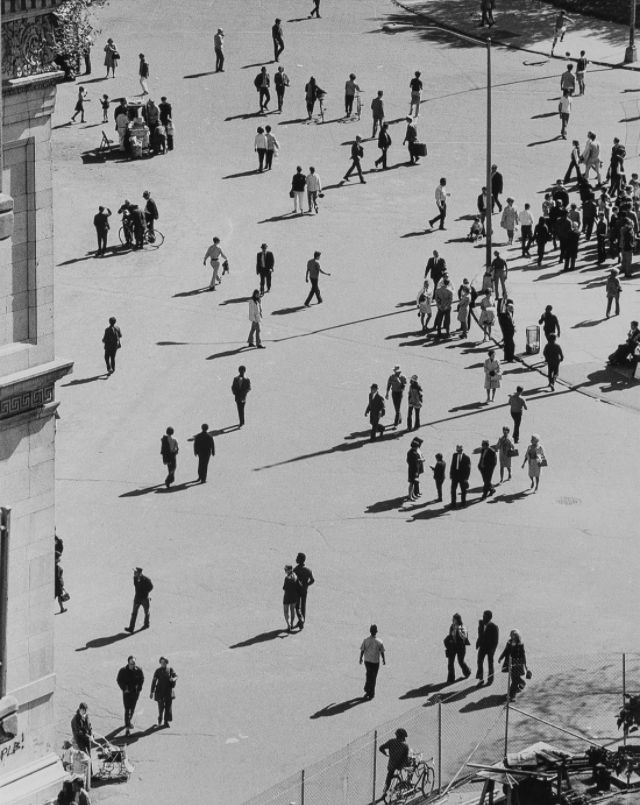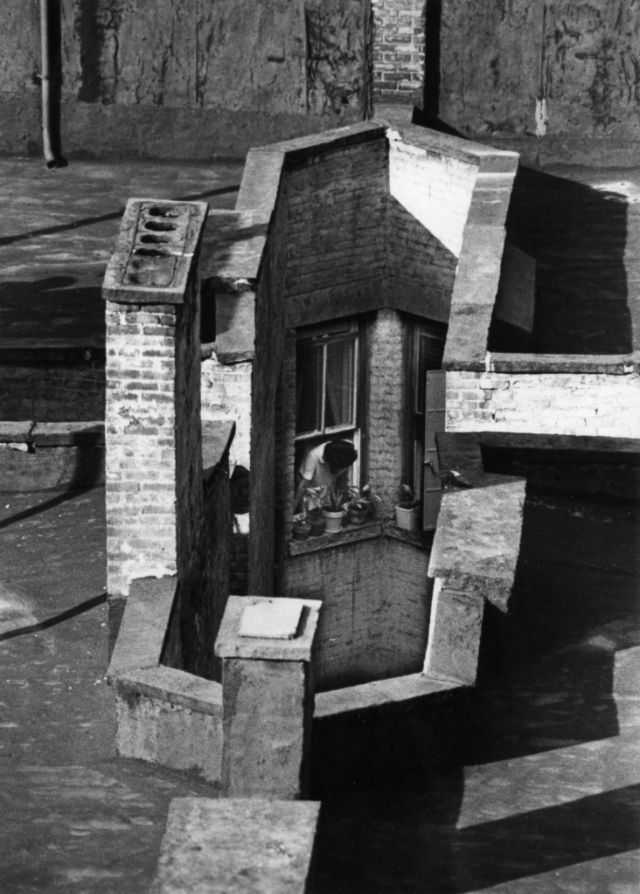André Kertész (1894 – 1985), born Andor Kertész, was a Hungarian-born photographer known for his groundbreaking contributions to photographic composition and the photo essay.
Due to German persecution of the Jews and the threat of World War II, Kertész decided to emigrate to the United States in 1936, where he had to rebuild his reputation through commissioned work. “People here don't look at things in a romantic way,” said Kertész
in 1985, “but I am looking always; looking back, and at the new things, too. I don't give up.”
Kertész's work itself is often described as predominantly utilizing light. In the early years of his career, his then-unorthodox camera angles and style prevented his work from gaining wider recognition. With his art's intimate feeling and nostalgic tone, Kertész's images alluded to a sense of timelessness. Today Kertész is considered one of the seminal figures of photojournalism.
Take a look through Kertész's stunning black and white photographs of New York:
 |
| Poughkeepsie, 1937 |
 |
| The lost cloud, 1937 |
 |
| Children and shadows in park, 1951 |
 |
| Weather vane and New York skyline, 1952 |
 |
| Washington Square day, 1954 |
 |
| Washington Square day, 1954 |
 |
| Washington Square at night, 1954 |
 |
| Washington Square Park, 1962 |
 |
| Washington Square, 1966 |
 |
| Washington Square, 1969 |
 |
| Washington Square Park, 1969 |
 |
| A winter garden, 1970 |
 |
| 23rd Street, 1970 |
 |
| New York, 1970s |
 |
| Washington Square, 1976 |























awesome! and beautiful
ReplyDelete